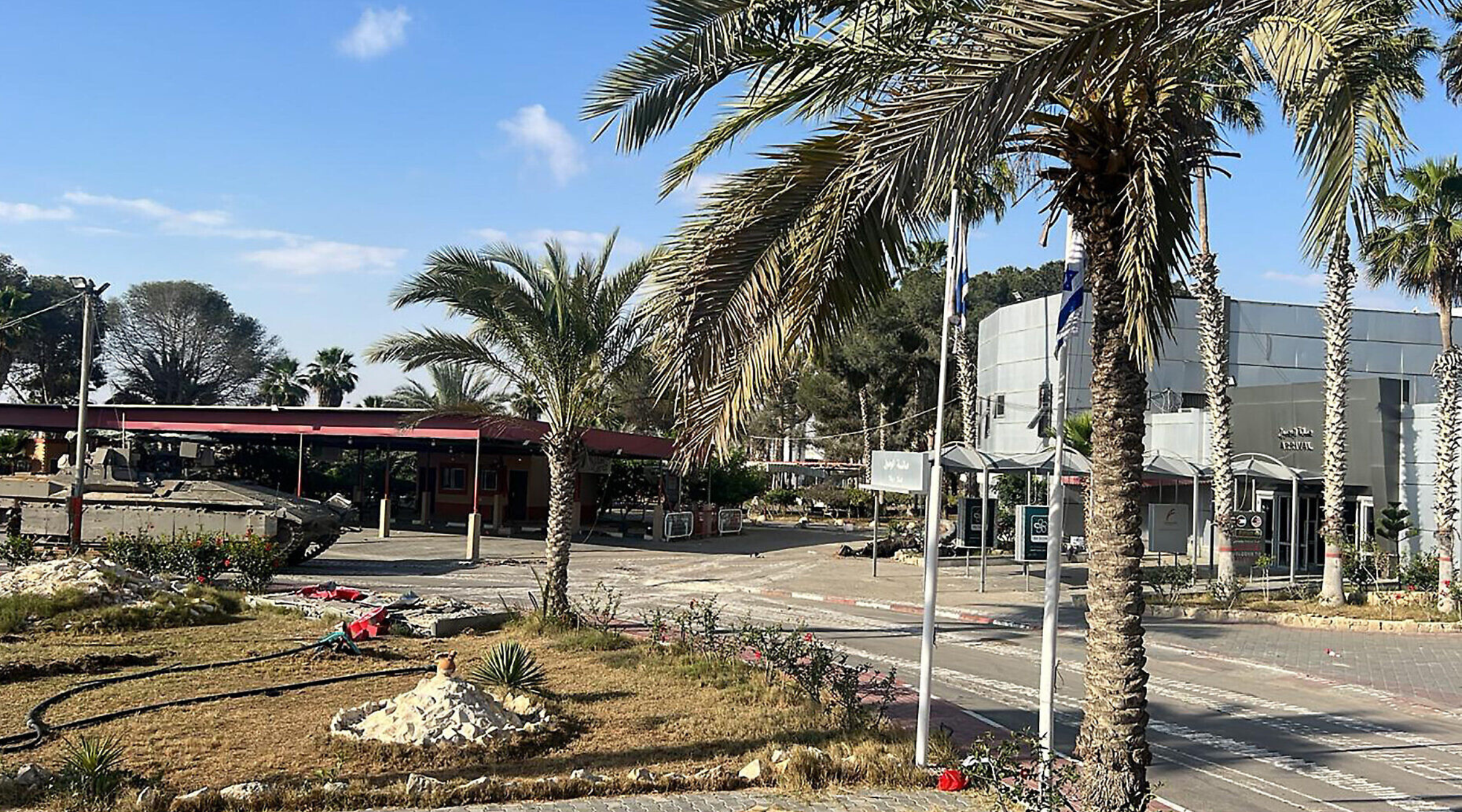Egypt (Transatlantic Today)— The delivery of humanitarian aid into Gaza has been considerably hindered since the Israeli Occupation initiated its military operation in Rafah and controlled = the Palestinian side of the crossing. The only exit of the enclave that is not controlled by Israel is through the Rafah crossing.
Cairo Meeting on Rafah Crossing
The reopening of the Rafah crossing, which connects Gaza with Egypt and through which most of the aid entered the Palestinian enclave, will focus this Sunday on a meeting in Cairo between this country, the United States and Israel, Egyptian sources and media reported.
Egypt’s Stance on the Crossing
Egypt has maintained a firm position on the issue. The state newspaper Al Ahram reported that Egypt has communicated to all parties its unwavering stance of not reopening the Rafah crossing as long as Israel retains control over the Palestinian side. This control began with the Israeli Army’s raid on Rafah on the 7th.
Accountability and Humanitarian Concerns
A source from the Al Qahera News channel, which is closely linked to Egyptian intelligence, reiterated that Cairo holds Israel responsible for the consequences of the Rafah crossing’s closure and the worsening humanitarian situation in Gaza.
US Proposal and Humanitarian Aid
The announcement of the Cairo meeting coincided with statements by US President Joe Biden on Saturday. He proposed a ceasefire between Israel and Hamas, the release of hostages held by the Palestinian Islamist movement, and increased humanitarian aid to Gaza, according to Canal26.
Current Aid Delivery
Since the Israeli operation in Rafah, aid has only reached Gaza via a sea dock built by the US on the coast or through limited air drops. These methods are insufficient compared to the quantities previously delivered through the Rafah crossing.
Egypt’s Efforts
In response to the crisis, Egypt began sending trucks with food and medical supplies to Gaza last Sunday through the Kerem Shalom crossing on the border with Israel. Approximately 600 trucks have entered Gaza from Egypt since then, a stark contrast to the 500-600 trucks that arrived daily via the Rafah crossing before the conflict.
Egypt’s Refusal to Collaborate
Egypt has consistently refused to collaborate with an Israeli administration of the Rafah crossing following its capture. Large quantities of food and medical supplies from various countries and organizations remain accumulated in Egypt, awaiting distribution.
This meeting in Cairo is seen as a crucial step towards addressing the humanitarian crisis in Gaza and resuming the flow of much-needed aid.


























